
Derbyshire County Council Leader Barry Lewis has stated it is ‘a worrying time for residents’ after the authority claims it is continuing to face external financial pressures beyond its control as it outlines another tough budget plan for the 2025-26 financial year.
The Conservative-controlled council’s Cabinet agreed at a meeting on January 30 the level and allocation of £18.6m of budget savings for the 2025-26 financial year and to raise council tax by 4.99per cent as part of its Revenue Budget Report for 2025-26 with further savings expected during future years.
This follows a council announcement that it is on track to achieve £31.3m of savings by the end of the current 2024-25 financial year on March 31, 2025, with a number of unpopular savings and cutbacks to manage a previously forecast budget deficit of over £39m for the 2024-25 financial year.
But as the council rolls out its balanced 2025-26 budget plans, it has claimed it is continuing to come under huge external pressures from pay and price inflation, a continuing increase in cost and demand for services especially with children’s services and adult social care alongside concerns over the Labour Government’s financial settlements for local authorities.
Cllr Lewis told the Cabinet meeting: “It’s quite a worrying time for residents out there and it will affect us as an authority.”

He added that he had not seen these kinds of figures involved with the overall budget since the financial crisis of 2008 as the council says it is continuing to face external financial pressures beyond its control alongside questionable Government financial settlements.
Deputy Council Leader, Cllr Simon Spencer, who is also the Cabinet Member for Corporate Service and the Budget, told the meeting: “Our in-year pressures continue to exist and I do not see any abeyance in adult social care and children’s services that every local authority is grappling with, and this council is no different.”
Cllr Spencer added that the council has done an enormous amount of work to mitigate against the financial pressures posed particularly by adult social care and children’s services.
The report has identified budget saving proposals for 2025-26 totalling £18.6m, plans to raise the county council’s share of council tax by 4.99per cent and it has outlined details of how the authority aims to manage and spend a proposed £769.7m overall net budget for the coming year.
It explains there is a funding shortfall for 2025-26 of £20.5m but this can be met with £18.6m of budget savings proposals and the remaining funding shortfall of £1.9m will be met from reserves.
Derbyshire County Council has also been looking at a forecast overspend of £28.3m driven by demands particularly on adult social care but this has been reduced to a forecast £25.9m.
The council claims its finances are coming under huge external pressures from pay and price inflation, and a continuing increase in cost and demand for services especially with children’s services and adult social care.
But its reserves position is at an adequate level with its Five-Year Financial Plan which includes more savings to be achieved by 2029-2030 to maintain financial sustainability.
The council explained its approved increase of its share of the council tax would see a Band B household paying an extra £60.22 per year, or £1.16 per week, and a Band D household paying an extra £77.43 per year which is equivalent to £1.49 per week.
Cllr Spencer told the meeting: “Pressures in the authority’s budget continue to exist and we will continue to monitor them and control them as best as we can across the organisation as a whole.”
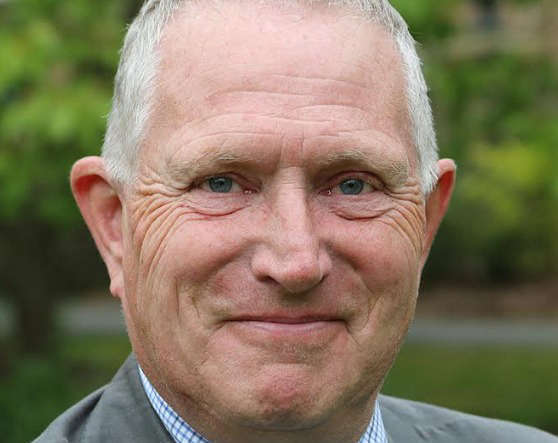
He added that the Labour Government’s decision to increase employers’ national insurance payments is expected to create a further significant expense despite the promise of some dispensation for councils.
Cllr Spencer has also questioned the details of a list of pledges concerning Government financial settlements for local authorities that he claims do not do ‘what they said they were going to do on the tin’.
Cllr Lewis told the meeting: “We do not want to be in a position to raise council tax up but we have no choice because we have been left short from where we thought we would be by this Government that makes so many grand promises.”
The council is continuing to lobby the Government for extra funding after Cllr Spencer explained that during the past 13 years the council has had to work hard to save £300m, and by the end of this financial year that figure is expected to rise to £330m, with a predicted rise to £368m by 2026.
Cllr Spencer said: “If you look at that in the context of our overall spending power as an organisation that is a considerable sum. Obviously, we need to continue making these efficiencies and driving that agenda and balancing our books which we have a legal obligation to do.”
Saving measures currently include managing vacancies, reviewing vacant posts and freezing or deleting them, reducing expenditure significantly around buildings no longer used, as well as selling surplus buildings and keeping borrowing levels low.
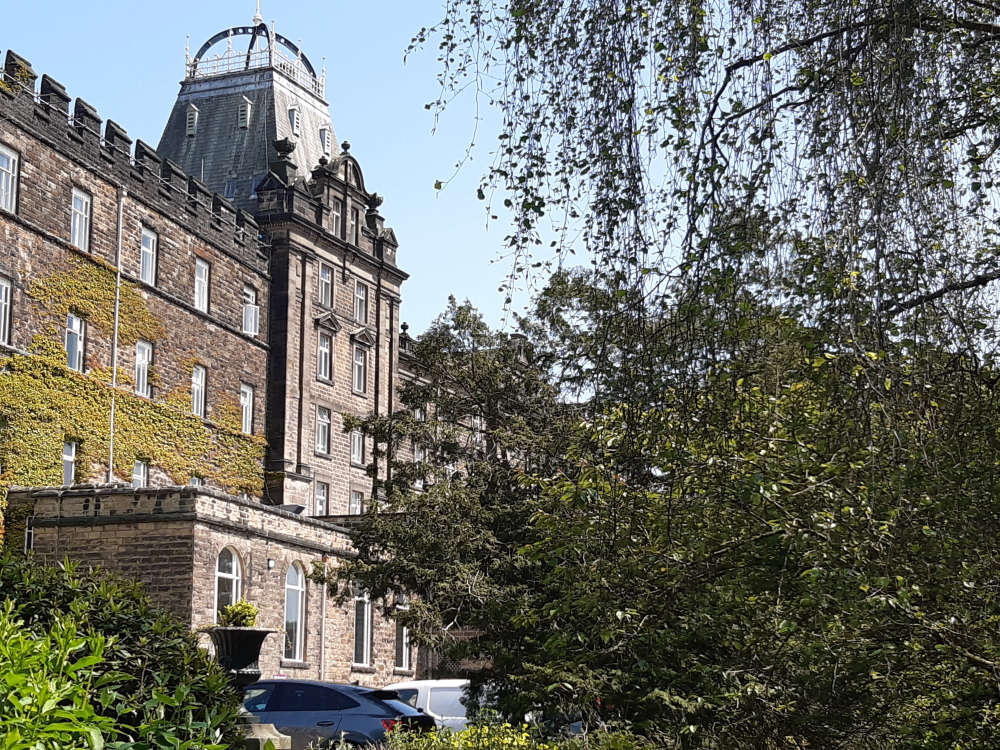
The Cabinet’s approved level and allocation of budget savings for 2025-26 include: The use of AI tools to support adult social care; A review of current extra-care housing schemes; Centralisation and redesign of council support services; A review of transport provision for adult social care services; Improving support to reduce hospital stays and maximise independence; Reducing its number of properties; Environmental waste and recycling reforms; And making savings in senior management costs.
Cllr Spencer has also said redundancies can never be ruled out but the council will do its best to avoid any compulsory redundancies.
Many of the latest saving plans will be subject to Cabinet reports, public engagement or public consultation before any final decisions are implemented.
The council’s Cabinet noted and approved its Revenue Budget Report for 2025-26 which will be presented and discussed at a Full Council meeting on February 12 with opposition councillors.


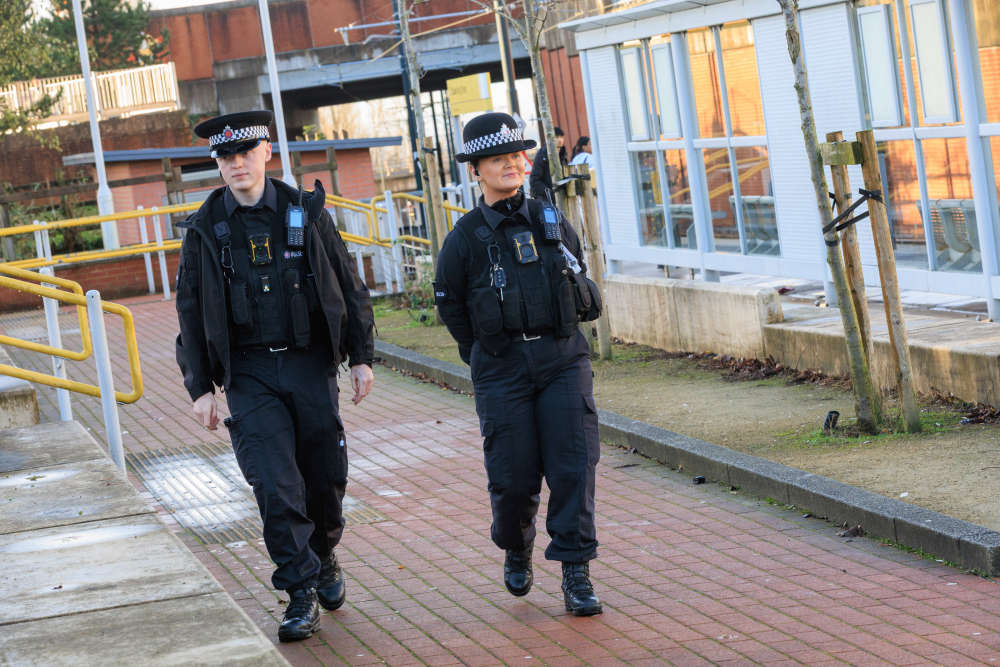 Two more arrested after town centre disorder
Two more arrested after town centre disorder
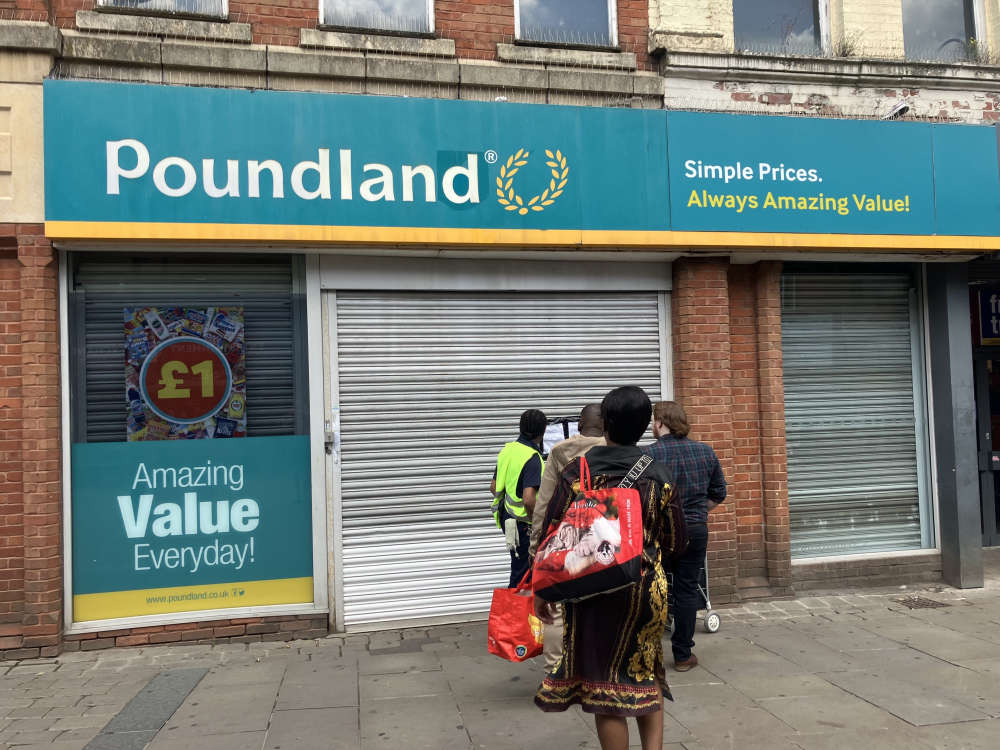 Poundland Closure in Oldham
Poundland Closure in Oldham
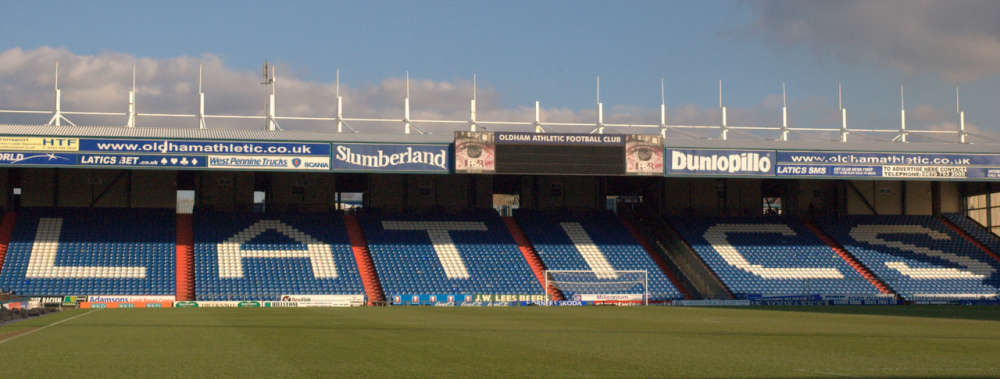 League Two Preview: Crawley Town v Latics
League Two Preview: Crawley Town v Latics
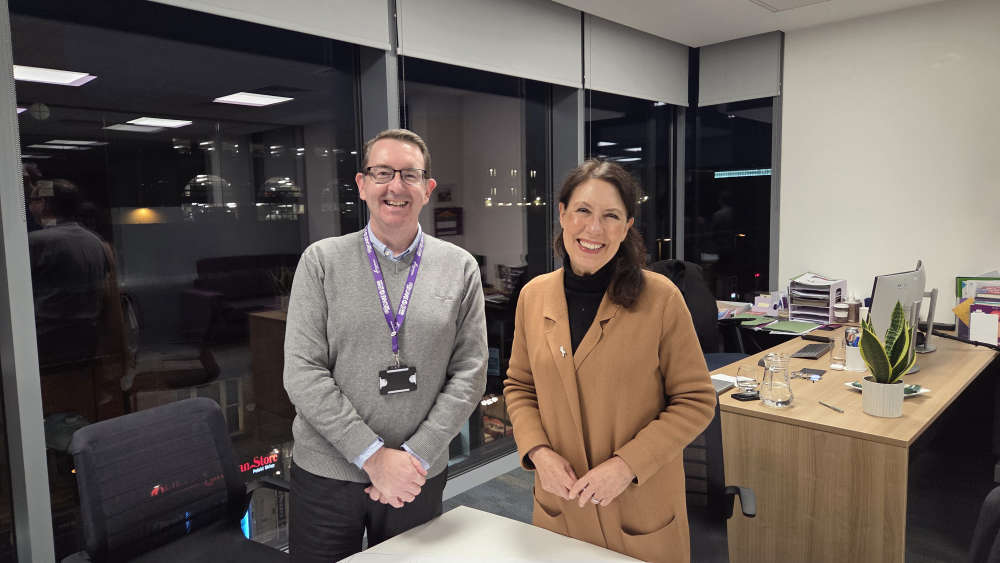 MP Debbie Abrahams briefed on FCHOs big project
MP Debbie Abrahams briefed on FCHOs big project

